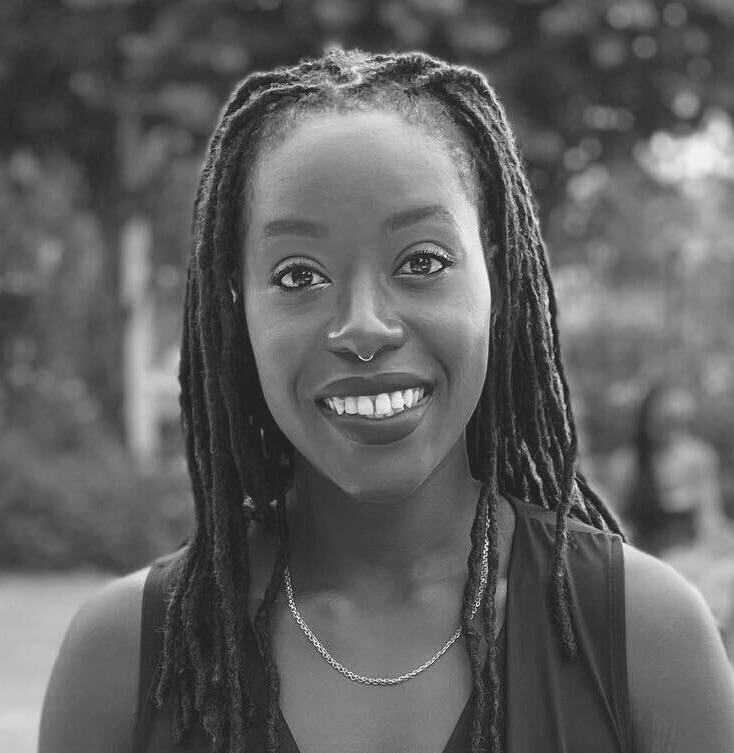For Black Americans, Mexico offers little respite from racism
Bigotry away from home isn't better than the domestic kind

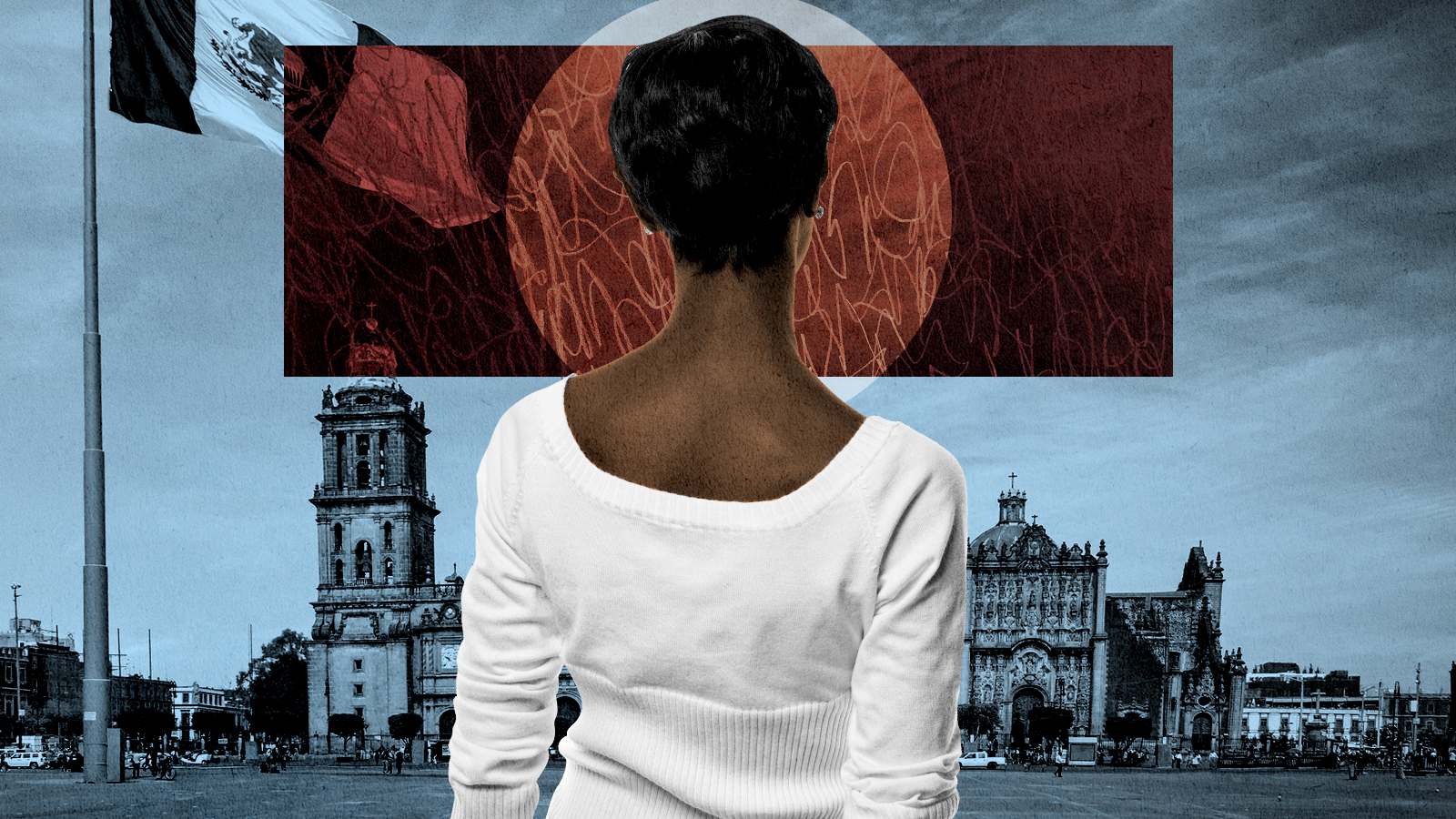
A free daily email with the biggest news stories of the day – and the best features from TheWeek.com
You are now subscribed
Your newsletter sign-up was successful
William Shakespeare's famous adage "a rose by any other name would smell as sweet" was once just a phrase I had stuck in my head from that '90s "Romeo and Juliet" remake in which the creators made the questionable choice to use the Shakespearean language nearly-word-for-word alongside shootouts and soul patches.
But while walking the streets of Mexico, I had finally found a personal connection. Albeit in a much less romantic and far more disturbing manner. Because here I was reminded that racism by any other name hurts just as much.
I came to Mexico City (aka CDMX) in April for an extended vacation and language immersion. CDMX has become a popular tourist destination. And over the last couple of years, Black American ex-pats had been traveling to Mexico to seek refuge from racism.
The Week
Escape your echo chamber. Get the facts behind the news, plus analysis from multiple perspectives.

Sign up for The Week's Free Newsletters
From our morning news briefing to a weekly Good News Newsletter, get the best of The Week delivered directly to your inbox.
From our morning news briefing to a weekly Good News Newsletter, get the best of The Week delivered directly to your inbox.
I later learned that ex-pats have formed tight-knit communities in CDMX, with organized events and meetups, helping to foster connection and form roots. But if the only way I could find community was through spending time solely with other Americans, then why would I pay all this money to leave Florida?
And the idea of "refuge" still seemed like a reach to me because I couldn't believe Black Americans could go from living in one country with well-documented systemic racial issues to another with its own racial inequality and somehow have a better experience.
I'd been to Mexico before on vacation, in Cancún and Cozumel, where I'd spent just a couple of days and had a fine time. But after living in Italy in 2013, I learned that visiting a place for a couple of days is far different from what you experience over a long period of time. I was determined to never be caught off guard again.
So, I took the concept of "racial refuge" with a grain of salt and started my journey. I had a great time meeting people, touring the popular areas of Condessa and Centro Historico, blowing up my followers' Instagram feeds with vacation-envy photos, and having my fill of tacos, chillaquiles and pozole.
A free daily email with the biggest news stories of the day – and the best features from TheWeek.com
But within days, I realized that "refuge" is probably far too strong a word. From stares to unwanted touching, unsolicited photos, side comments and racial profiling in several popular central-Mexican destinations, I realized racism is just as present, no matter the culture.
And I'd much rather face the devil I know.
Up and down the streets of CDMX, a friend and I had been asked on multiple occasions for photos. On a visit to the National Museum of Anthropology, my mother and I were certain we caught kids from different parties pointing and sneaking photos of us while their parents knowingly allowed their rude behavior.
During one trip to visit the historical area of Teotihuacan, as my Black female friend and I tried to take in the site of more than one dozen temples and two towering pyramids, an onlooker asked for pictures of us while we were in the presence of nearly 2,000-year-old structures with centuries of backstory far more photograph-worthy.
And while in Guanajuato City, we could barely make it across the colorful streets without being asked for a dozen photos, as if we were Beyoncé and Kelly Rowland. (But even such celebrity status didn't stop us from being followed by an employee in a crowded shop.) And at one point, a young woman touched my friend's hair from behind before asking if she could do so. When my friend said "no," she walked away giggling as if it were a game.
I quickly shouted "¡No somos animales!"
We are not animals and this is not a zoo.
The constant "othering," the pointing, the staring, the side comments, the photos — all of these are reminiscent of how Black people (and other marginalized groups) had been treated like creatures in the years following colonization. Black people were looked at as anomalies for their features and placed on display so others can do just as they've done to my friend, my mother, and me throughout Mexico.
When I tried to discuss how I felt with a few other Black travelers, they essentially said "Oh they're just curious." But in such cosmopolitan areas, with free city WIFI in CDMX, and decades of American TV shows with Black actors, the "curiosity" seems unwarranted.
And they can call it what they want, but I'll call it racism.
At one point during my stay, I saw someone in a Facebook group for Black people in Mexico City complain about similar issues and lamenting how they'd wished Black ex-pats had been more open about expressing the racism one might experience in Mexico, and while some commenters claimed they hadn't had any issues, others simply wrote it off as innocent or said they'd simply gotten used to the treatment.
But if we must "get used to" racism, as sad as that is, what's the point of moving to another country just to start all over with it?
One might argue what I've experienced is better than the systemic racism or police violence in the United States, but it might prove difficult to say just how deep the systemic issues are for ex-pats. That's especially true if many are working remotely, allowing them to avoid the need to climb the ladder through Mexican society.
I wonder how many Black travelers are attempting to acquire jobs in CDMX, or have to deal directly with life's facets through which systemic racism can truly show its face.
And when it comes to the police in Mexico, I had been warned about crooked cops early on in my stay. And while doing my own research, I learned that brutality was common, particularly against an increasing number of Black migrants.
If one is familiar with Mexico's history with its own Black residents, the discrimination, violence and inequality aren't too surprising. How can a country that only recently recognized its own Black population openly embrace Black outsiders?
Perhaps I've already accepted that there is no "racial refuge" for Black people beyond spaces where we are the majority. And even then, if Brazil and South Africa were to serve as examples, it's still not guaranteed.
Despite the abundant issues of prejudice, my experience here has been memorable and enjoyable. It helped that I was ready to address any sort of mistreatment. But I can't easily shake the discomfort and disgust I feel when being so blatantly "othered," just as I felt years ago in the city of Florence, Italy.
And as it did then, the long-term exposure to this in-your-face racism made me eager to head back to what I'm "used to."
Nicole Phillip is a New York University alumna and multimedia journalist who currently works in the social media space. Her writing spreads across beats with a particular focus on matters of race and intersectional feminism. You can find her work in The Week, The New York Times, The 1619 Project digital publication, The Daily Beast, ABC News, and NBC Universal Local. She considers herself to be a skilled shapeshifter between journalistic mediums, but often finds herself drawn to writing.
-
 How the FCC’s ‘equal time’ rule works
How the FCC’s ‘equal time’ rule worksIn the Spotlight The law is at the heart of the Colbert-CBS conflict
-
 What is the endgame in the DHS shutdown?
What is the endgame in the DHS shutdown?Today’s Big Question Democrats want to rein in ICE’s immigration crackdown
-
 ‘Poor time management isn’t just an inconvenience’
‘Poor time management isn’t just an inconvenience’Instant Opinion Opinion, comment and editorials of the day
-
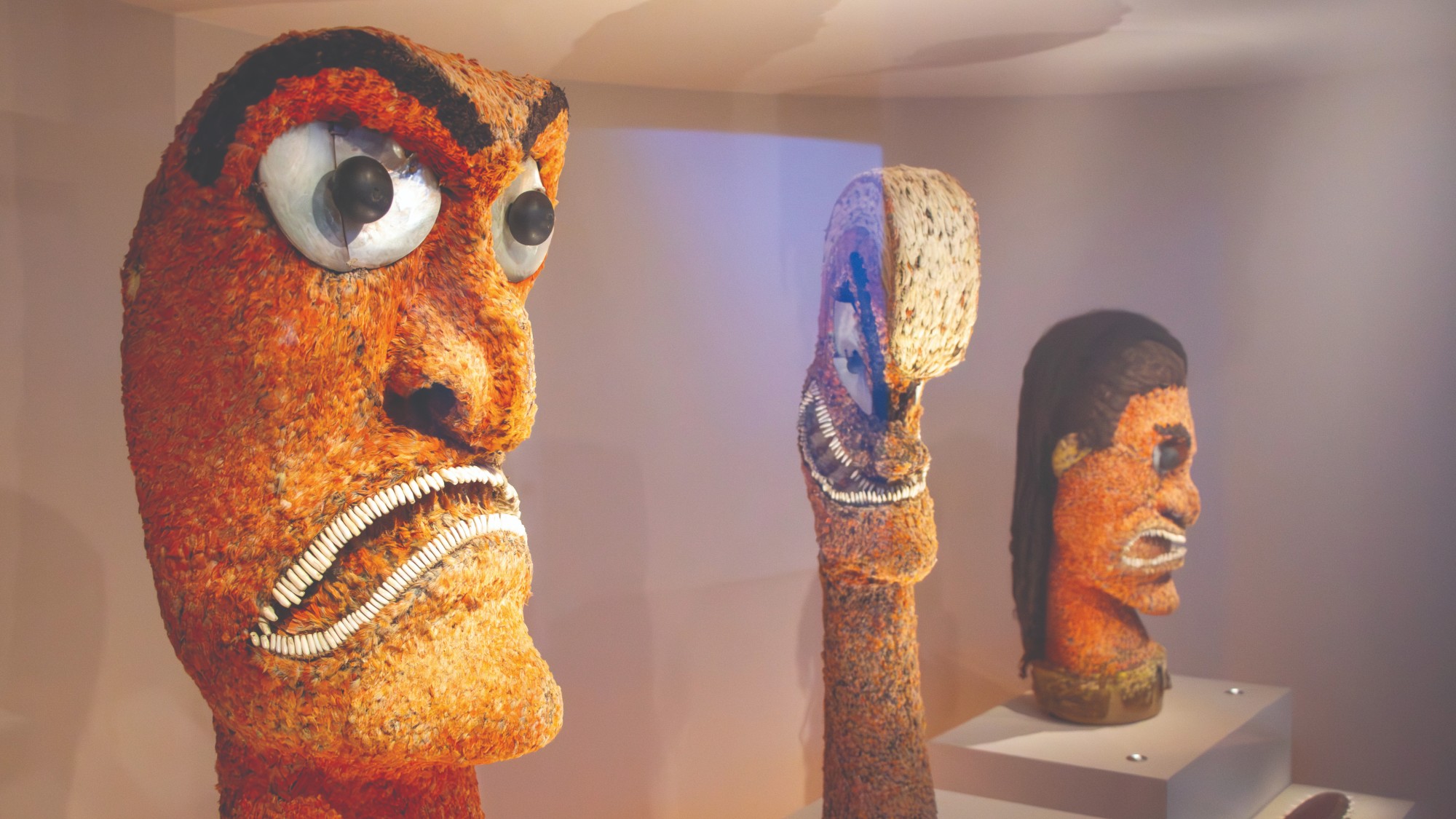 Hawai‘i: a kingdom crossing oceans – a ‘thrilling’ exhibition
Hawai‘i: a kingdom crossing oceans – a ‘thrilling’ exhibitionThe Week Recommends With some items on display for the first time since 1900, the British Museum’s new show gives voice to a ‘fascinating, rarely heard culture’
-
 Jane Austen lives on at these timeless hotels
Jane Austen lives on at these timeless hotelsThe Week Recommends Here’s where to celebrate the writing legend’s 250th birthday
-
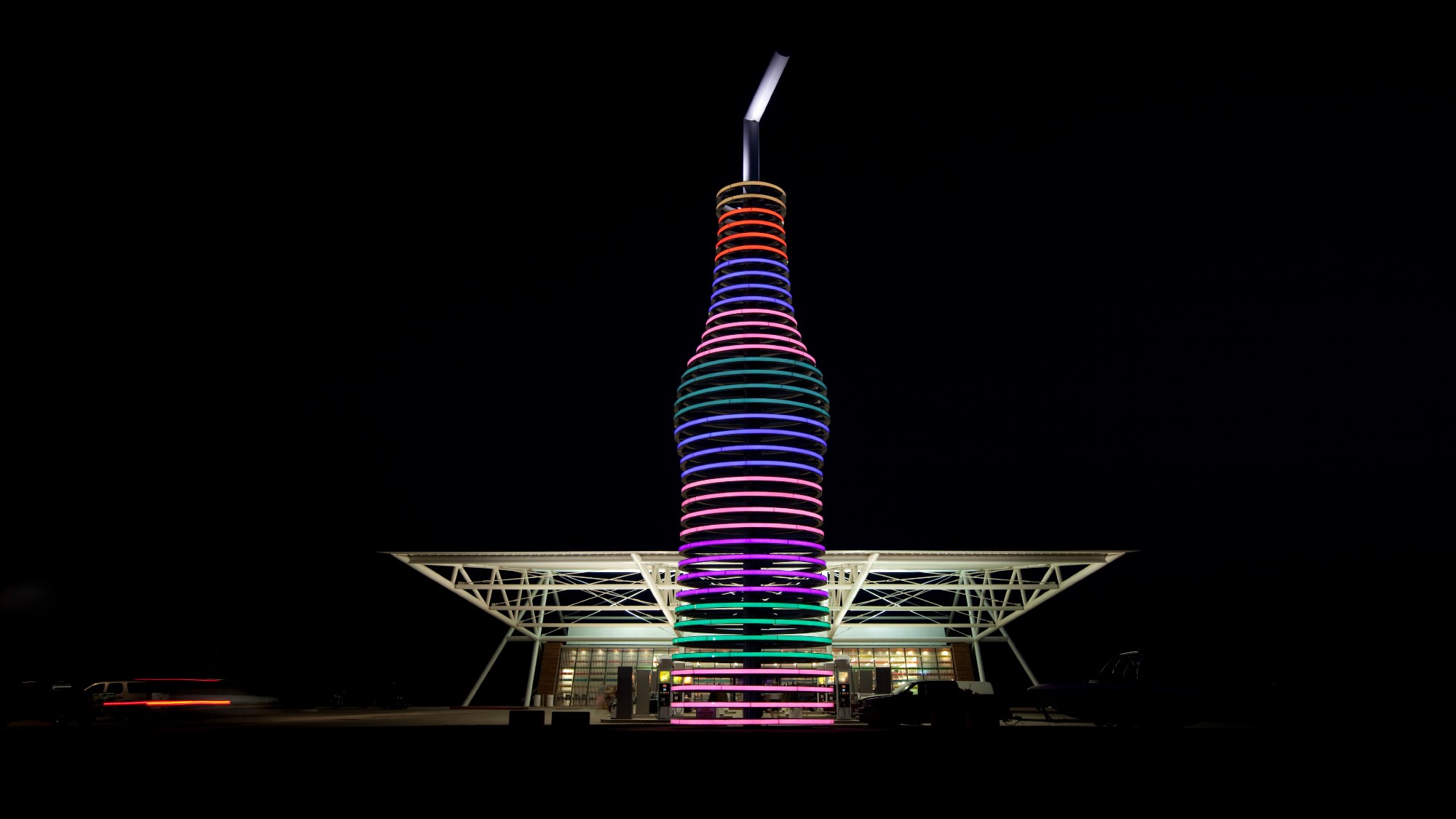 Pull over for these one-of-a-kind gas stations
Pull over for these one-of-a-kind gas stationsThe Week Recommends Fill ’er up next to highland cows and a giant soda bottle
-
 The Beast in Me: a ‘gleefully horrible story’
The Beast in Me: a ‘gleefully horrible story’The Week Recommends Claire Danes and Matthew Rhys star in a ‘gleefully horrible story’
-
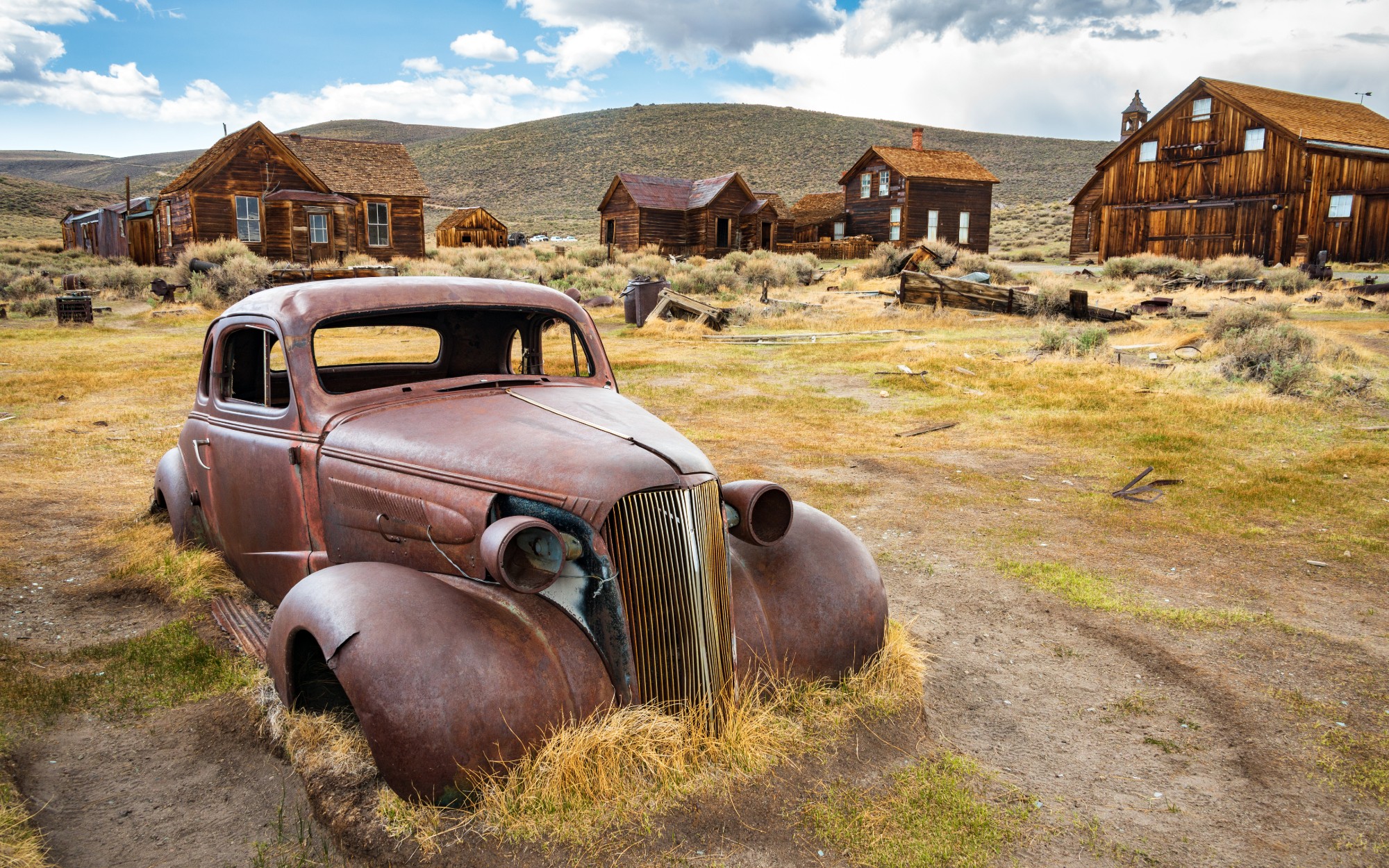 5 ghost towns worth haunting on your next road trip
5 ghost towns worth haunting on your next road tripEnjoy a glimpse of the past
-
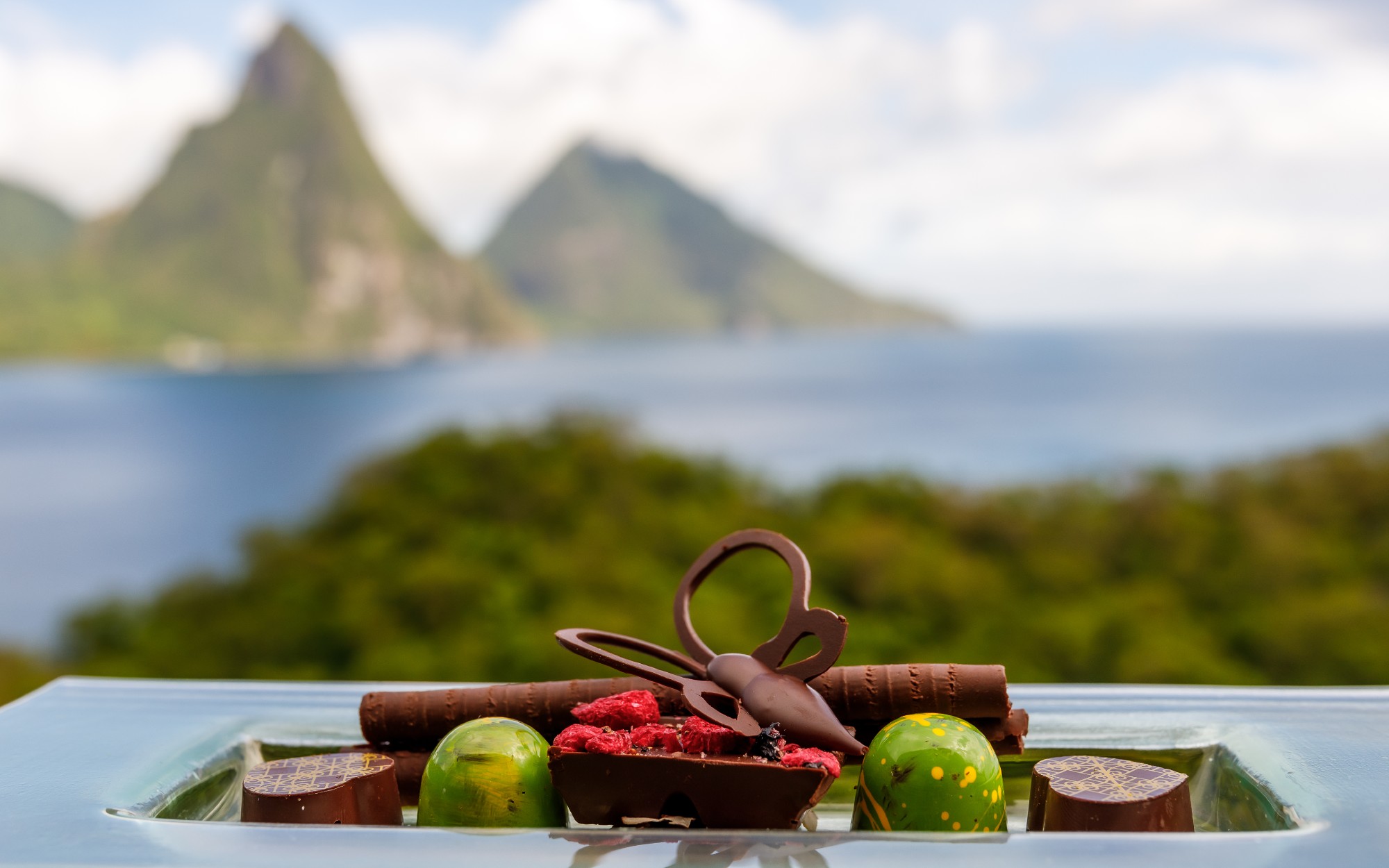 Love chocolate? Travel to these destinations to get your sweet fix
Love chocolate? Travel to these destinations to get your sweet fixThe Week Recommends Treat yourself with chocolate experiences, both internal and external
-
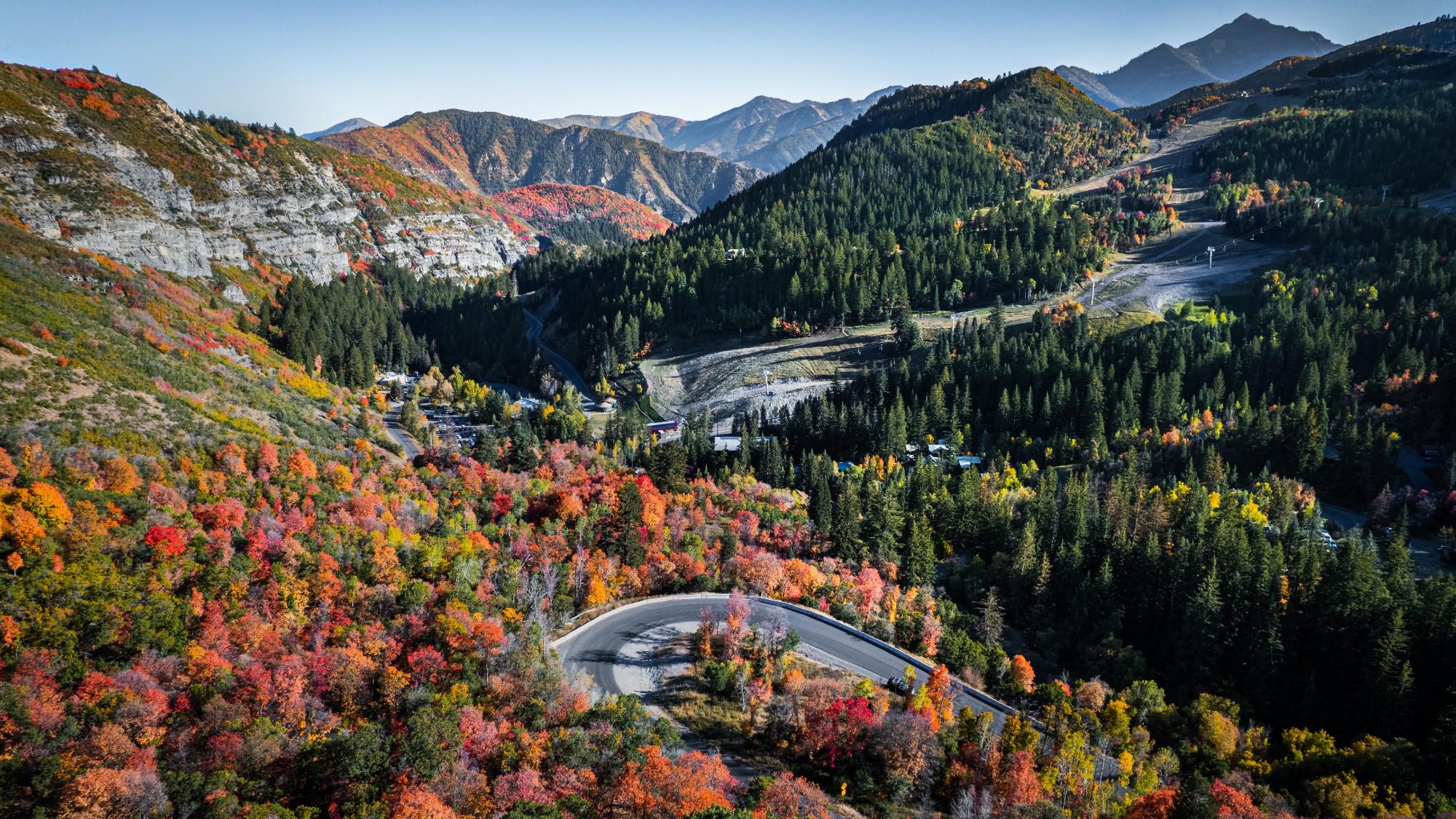 7 mountain hotels perfect for a tranquil autumn or winter escape
7 mountain hotels perfect for a tranquil autumn or winter escapeThe Week Recommends Get (altitude) high and unwind
-
 Roofman: a ‘stranger than fiction’ tale
Roofman: a ‘stranger than fiction’ taleThe Week Recommends Channing Tatum walks ‘effortlessly’ between comedy and tragedy
